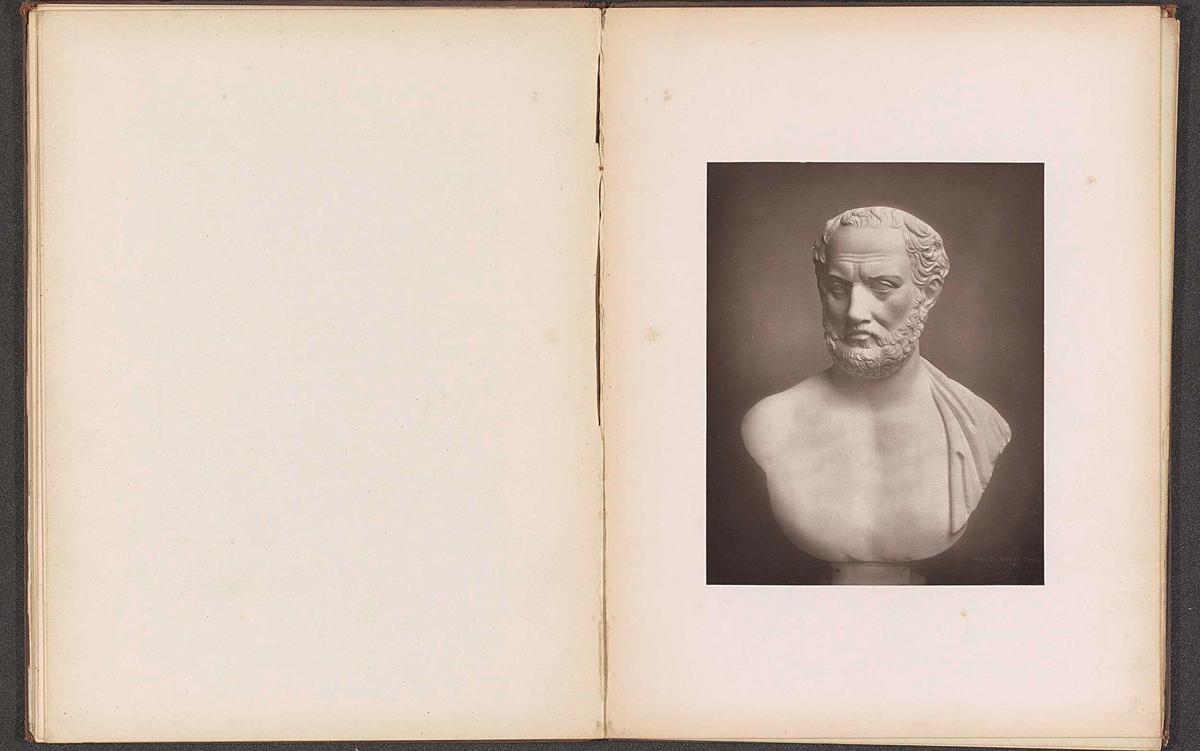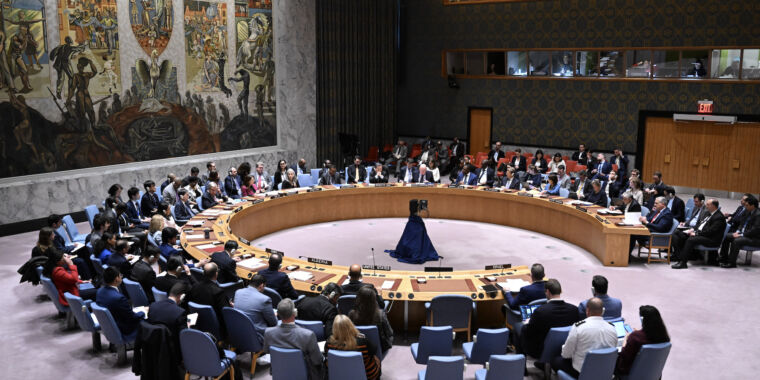
Prevalence of questionable research practices, research misconduct and their potential explanatory factors: a survey among academic researchers in The Netherlands
For full functionality of this site it is necessary to enable JavaScript. Here are instructions for enabling JavaScript in your web browser.
Background Prevalence of research misconduct, questionable research practices (QRPs) and their associations with a range of explanatory factors has not been studied sufficiently among academic researchers. Methods The National Survey on Research Integrity was aimed at all disciplinary fields and academic ranks in the Netherlands. The survey enquired about engagement in fabrication, falsification and 11 QRPs over the previous three years, and 12 explanatory factor scales. We ensured strict identity protection and used a randomized response method for questions on research misconduct. Results 6,813 respondents completed the survey. Prevalence of fabrication was 4.3% (95% CI: 2.9, 5.7) and falsification 4.2% (95% CI: 2.8, 5.6). Prevalence of QRPs ranged from 0.6% (95% CI: 0.5, 0.9) to 17.5% (95 % CI: 16.4, 18.7) with 51.3% (95% CI: 50.1, 52.5) of respondents engaging frequently in ≥ 1 QRP. Being a PhD candidate or junior researcher increased the odds of frequently engaging in ≥ 1 QRP, as did being male. Scientific norm subscription (odds ratio (OR) 0.79; 95% CI: 0.63, 1.00) and perceived likelihood of detection by reviewers (OR 0.62, 95% CI: 0.44, 0.88) were associated with lower odds of research misconduct. Publication pressure was associated with higher odds of engaging frequently in ≥ 1 QRP (OR 1.22, 95% CI: 1.14, 1.30). Conclusions We found higher prevalence of misconduct than earlier surveys. Our results suggest that greater emphasis on scientific norm subscription, strengthening reviewers in their role as gatekeepers of research quality and curbing the “publish or perish” incentive system can promote research integrity.
Copyright © 2011-2021 Center for Open Science | Terms of Use | Privacy Policy
Leave a Comment
Related Posts

